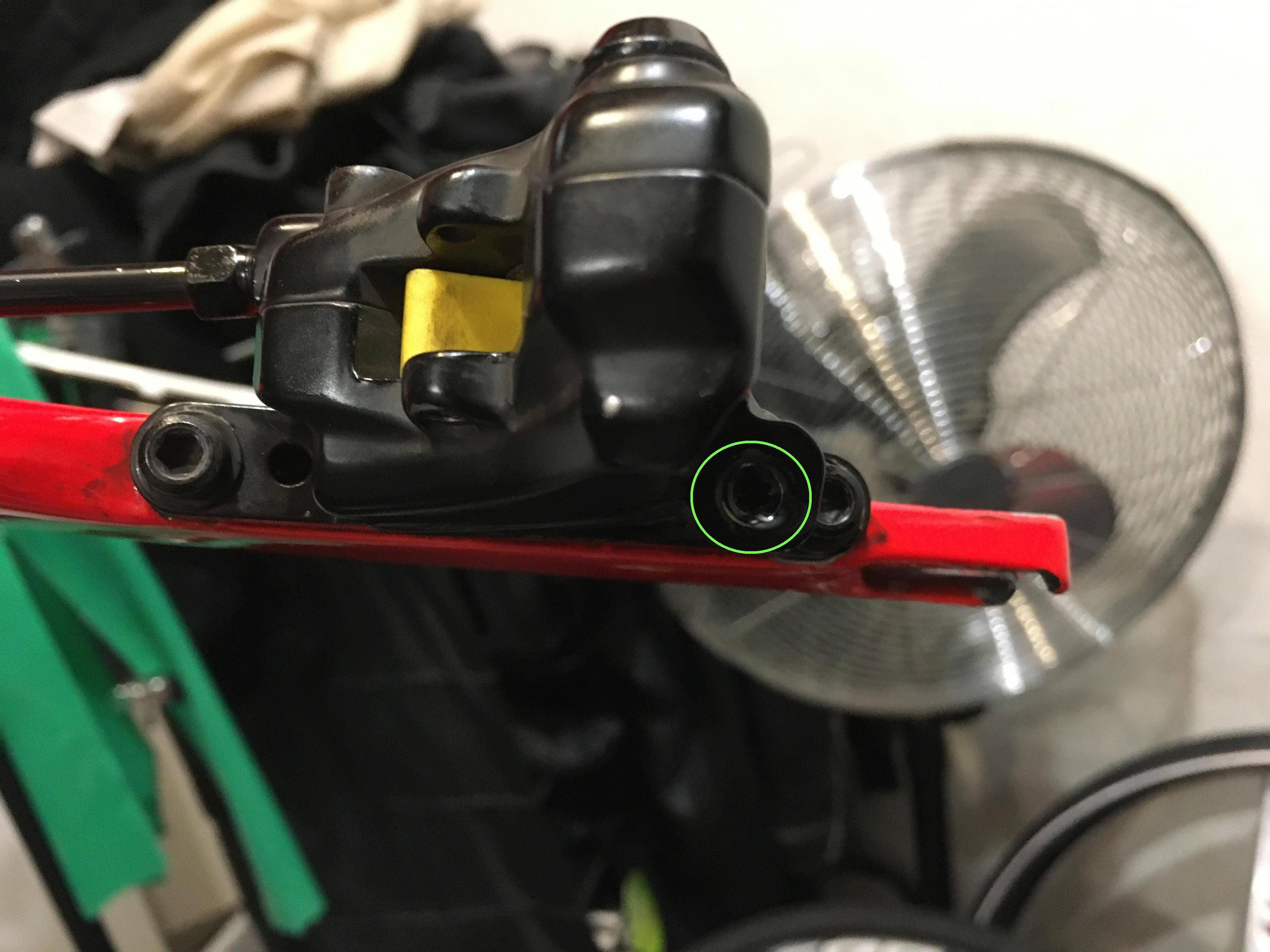I have a Giant Fastroad SL-1 with brakes listed as Tektro HD-R210 hydraulic disc, 140mm
Recently I bled the brakes and afterward noticed that there's a very slow leak coming from the bleed port.
The brakes had become very soft before the bleed - with full pressure applied I could just barely make the lever contact the handlebar.
What are my options?
Is repair feasible & cost effective? If not, what should I be looking for in a replacement?

